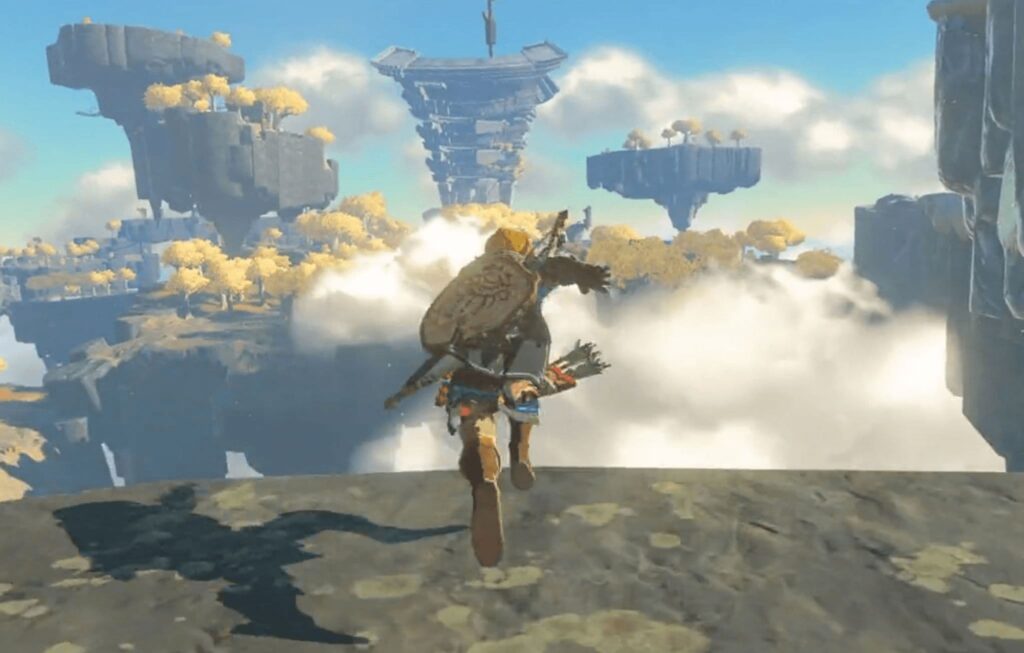The Legend of Zelda series has been a beloved part of gamer culture since its inception. As we stand on the precipice of the release of ‘Tears of the Kingdom’, there’s a palpable excitement in the air. Yet, whispers and rumors suggest that this may not be the final chapter in the storied franchise. Let’s explore why.
Nintendo’s Franchise History
Looking back at Nintendo’s track record, it’s clear they have a penchant for nurturing their franchises. The ‘Super Mario’ series, for instance, has evolved with gaming trends since 1985, with a myriad of sequels and spin-offs. Similarly, Zelda’s history is rich with continuations, such as the critically acclaimed ‘Breath of the Wild’ which solidified its place in gaming history. Nintendo’s creative approach to gameplay mechanics, like fusing items for new effects in ‘Tears of the Kingdom’, indicates a pattern that suggests further iteration in future Zelda games.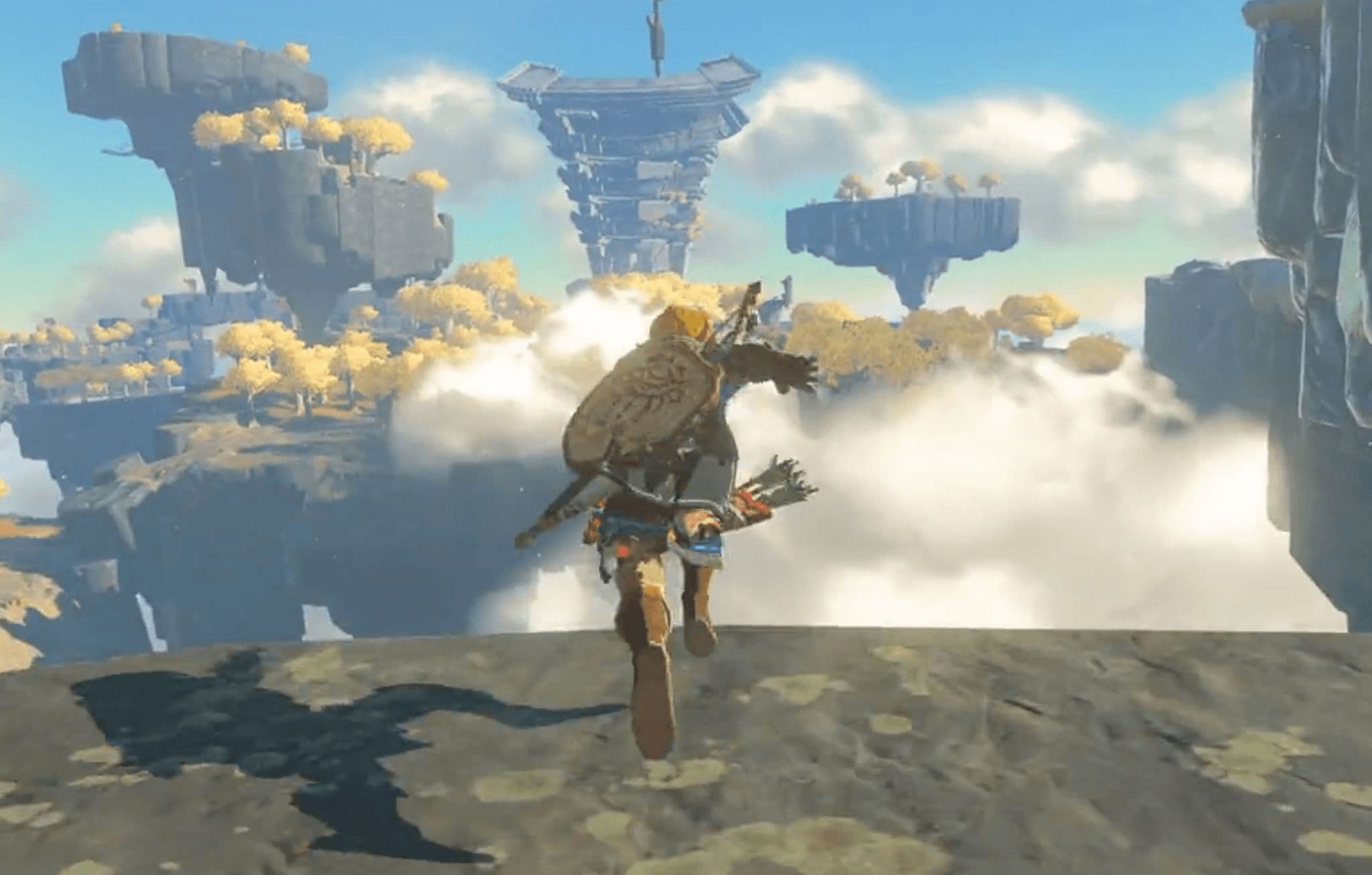
Eiji Aonuma’s Statements
Eiji Aonuma, the visionary producer behind Zelda, has always been forward-thinking. His philosophy is encapsulated in his statement: If we don’t change we might die. We need to evolve. Things need to change. Things need to grow.
This mindset alludes to an openness towards innovation and development beyond ‘Tears of the Kingdom’. Aonuma’s recent demonstration of new abilities and worlds in the game showcases his focus on evolution, which may very well extend into future projects.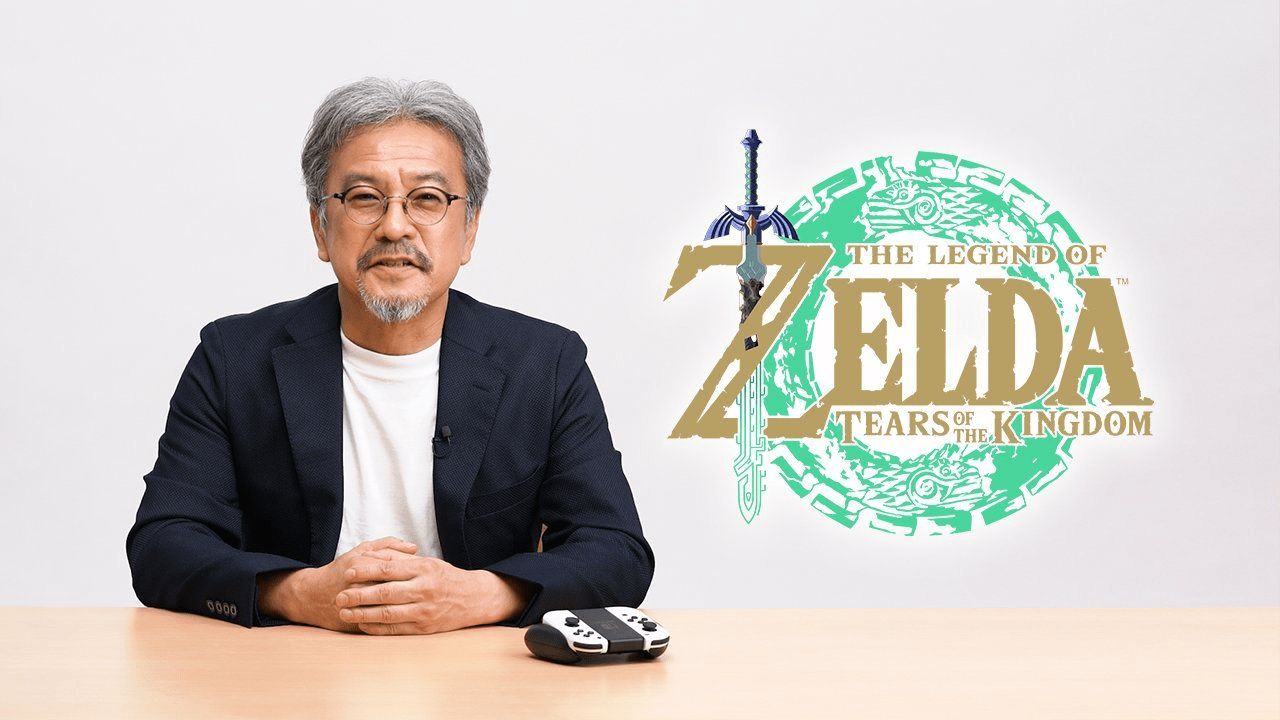

Gameplay Mechanics and Technology
The introduction of new gameplay mechanics is a hallmark of Nintendo’s development strategy. With ‘Tears of the Kingdom’, they’ve introduced innovative elements like fusing materials to create unique weapons and effects. It lays a technological foundation ripe for expansion in future titles. As Aonuma himself has stated, learning what systems are capable of is crucial for applying those lessons to future developments.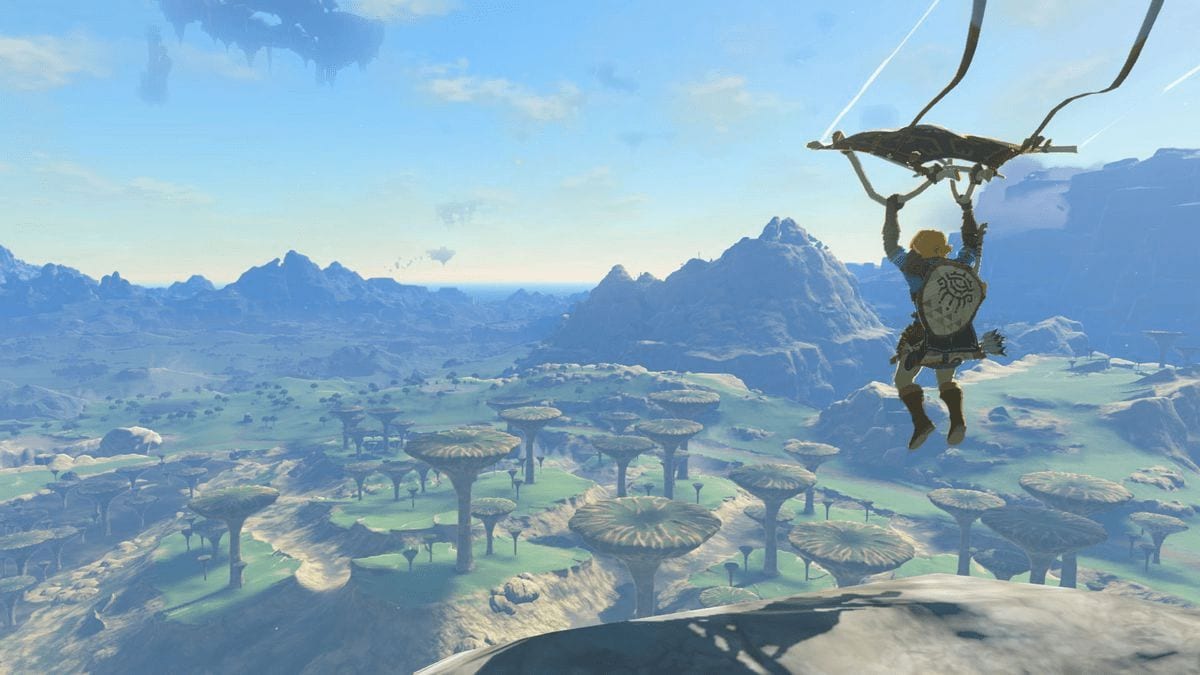

Open-Ended Storytelling
The Zelda series has always embraced an open-world format that allows players to craft their own narratives within Hyrule. This collaborative storytelling turns players into co-creators, offering endless possibilities for new stories and characters to emerge. The evolving landscape of Hyrule, with its floating islands and changing dynamics, only adds to this tapestry, hinting at untold tales waiting to be explored.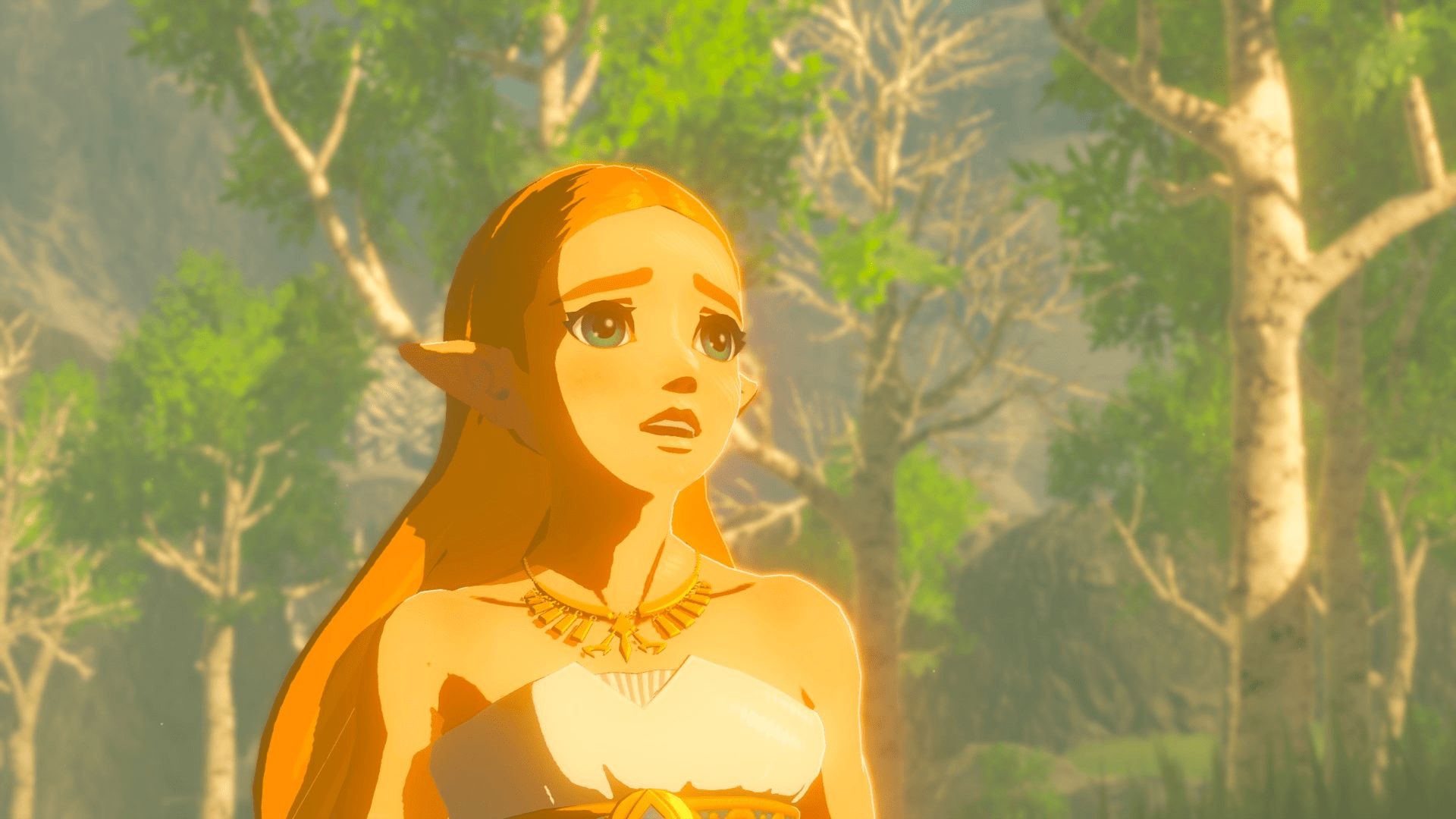

Fanbase and Commercial Success
The Legend of Zelda series isn’t just a critical darling; it’s a commercial powerhouse. With games like ‘Breath of the Wild’ selling millions within days, it’s evident that there’s a robust market for Link’s adventures. This commercial success is complemented by a dedicated fanbase, as seen through cosplay and fan art, which underscores the cultural impact and demand for more Zelda experiences.

In conclusion, while ‘Tears of the Kingdom’ is poised to be another masterpiece in the Zelda lineage, it’s unlikely to be its swan song. The clues are there: Nintendo’s history with franchises, Aonuma’s forward-thinking statements, innovative gameplay mechanics ripe for further exploration, open-ended storytelling with room for expansion, and the undeniable commercial success coupled with fan devotion all point towards a horizon filled with more adventures in Hyrule.

